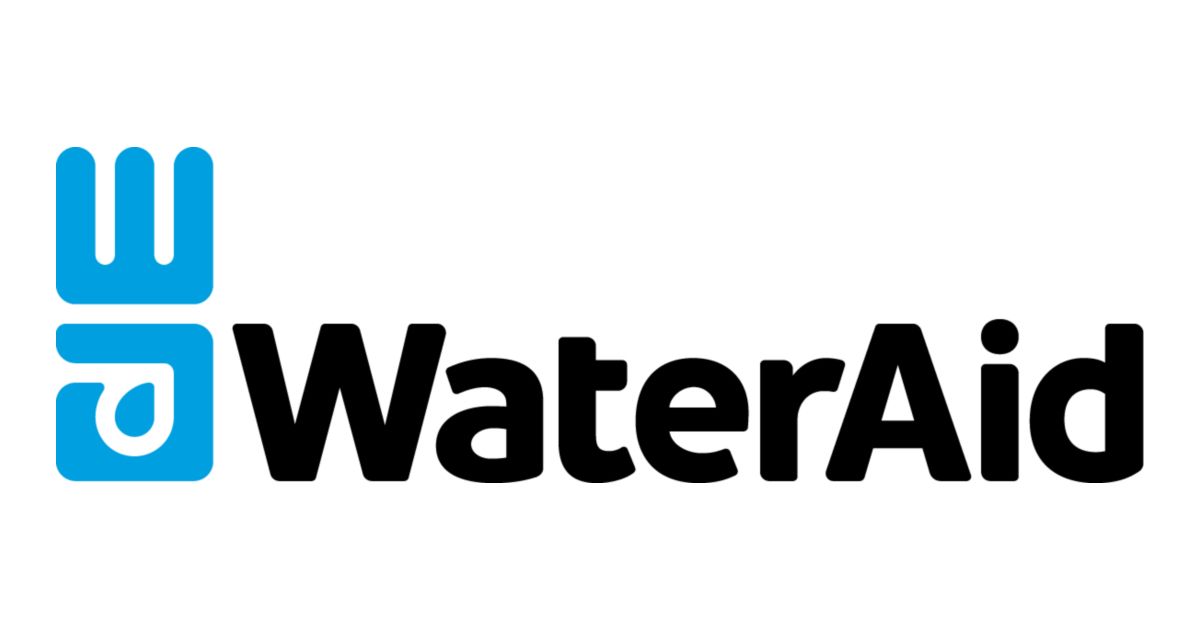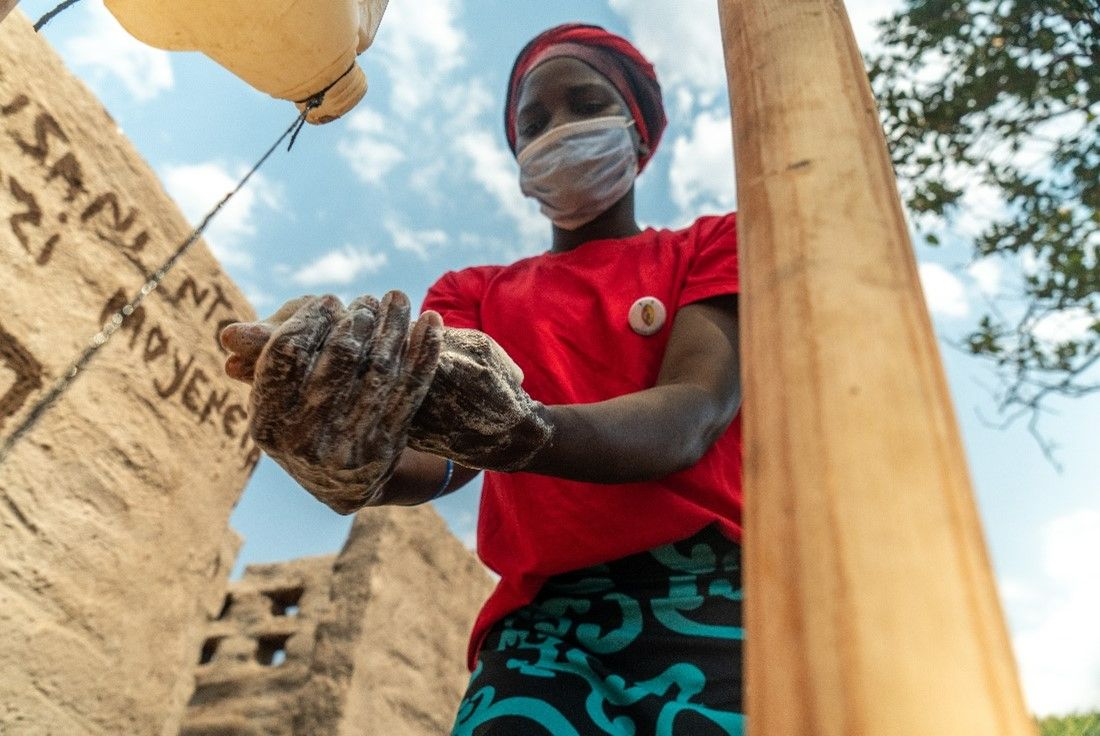Author: Yankho Mataya – Regional Funding Manager for Southern Africa, WaterAid
Preface: Yankho is an international development expert based in Lilongwe, Malawi, with diverse experience in monitoring and evaluation, project management, partnerships as well as programme and business development. She believes that joint efforts are critical in responding to the climate crisis facing our world today and is proud to be part of Scotland’s International Development Alliance building on the strong relationship that exists with Scotland, Partner Countries and Partner Organisations.
Malawi is my home, and it is also home to one of the world’s largest lakes. In fact, Malawi has an abundance of water flowing through its fertile land. But providing clean water for every citizen is a complex national problem, and one that has been made greater by COVID19 and climate change.
In many vulnerable communities in the Southern Africa Region where I work, including Scottish Government partner countries Zambia and Malawi; the climate crisis is a water crisis. There is an urgent need for clean water, decent toilets and good hygiene that can withstand extreme weather changes which are becoming all the more common.
This blog explores WaterAid’s experience delivering COVID19- and climate-resilient WASH facilities. Through sustained funding, collaboration with governments and other stakeholders, and effective community engagement, we can ensure that climate-vulnerable communities have clean water, decent toilets, and good hygiene facilities whatever the weather.
In Africa alone, we work across 18 countries, many of whom have experienced severe challenges due to COVID19 and climate change. As part of our campaign on water and climate, we conducted a research study of the impacts of climate change on water security in the West Africa region, focusing on Burkina Faso and Niger. We all need clean water to survive. But right now, climate change is making life harder for the poorest people in Sub-Saharan West Africa where nearly one in three people are still living without clean water close to home. In Burkina Faso and Niger, more frequent droughts and rising temperatures are threatening livelihoods. This situation greatly compromises key development sectors such as agriculture and is putting the wellbeing of over 43 million people at risk.
Working with countries like Malawi, Niger and Burkina Faso to meet the challenges of COVID19 and climate change is vital to achieving the Sustainable Development Goals by 2030. As Tim Wainwright, CEO of WaterAid UK highlighted during COP26 “communities hit hard by climate change across the globe need more than words – they need action supported by strong commitments and clear targets to help them adapt’’.
Our COVID19 Response in Malawi
Our COVID-19 response in Malawi has been multifaceted to help stop the spread of the virus. As one of the country’s leaders in WASH, we contributed to the development of the national level preparedness and response plan. We have continued to support the efforts of the government in the fight against COVID-19 through public awareness campaigns, providing medical and hygiene equipment and supplies and providing training to medical and non-medical staff. We have supported hygiene behaviour change promoters in Machinga and Zomba to help communities understand how the virus is spread, and change behaviour within the community to minimise infections. Through collaborating with multiple stakeholders, Ministry of Health and Population, Lilongwe City Assembly, the District Health Office in Dowa, Kasungu, Ntchisi, Zomba and Machinga, and their partners, our activities have helped keep communities safe.

My colleagues at WaterAid in East Africa including Rwanda, another of the Scottish Government’s partner countries, have also published a valuable piece of research around gendered effects of access to WASH from COVID19.

The impacts of climate change
Our COVID19 support has helped people in Malawi to meet the challenges of COVID19. But for many, the changing climate was impacting their daily lives before the arrival of the virus.
In few places are the impacts of climate change in Malawi more starkly noticed than on Lake Chilwa, the country’s second largest lake. ‘’It used to take 25 – 40 years for natural drying cycles to occur. But now, every three to five years there is an extreme recession in Lake Chilwa. This is the impact of climate change’’ says environmental scientist Sosten Chiotha. This change in the cycle of the lake’s flooding and drying is more than just a harbinger of things to come. It has been impacting the lives of whose to depend on the lake for some time now. It is also making it harder to maintain clean, safe, drinking water sources and sanitation facilities.

This is a story that is familiar to many millions of people around the world in countries and communities that are vulnerable to climate change and already experiencing its devastating impact. But with considered interventions, we are unlocking people’s potential to meet the challenges of climate change. By working with communities to identify the specific challenges they are facing, we can help provide clean water, decent toilets, and good hygiene that can withstand the challenges of COVID19 and climate change.

Our opportunity
The Alliance Annual Conference 2021 is an opportunity to come together in pursuit of a secure future for everyone, everywhere. You can hear more about our work in several sessions across the course of the conference. Hasin Jahan, WaterAid Bangladesh Country Director will be delivering the Opening Plenary (1 December, 10am GMT). I will be chairing the panel discussion ‘’ Walking the Talk: Sustainability practices and challenges in our own organisations’’ (2 December, 10:10am GMT), and a special screening followed by Q&A of our Burden of Inheritance film will take place (1 December, 15:10 GMT).
WaterAid was a Core Partner of the first ever Water and Climate Pavilion in the Blue Zone at COP26.
WaterAid is calling on governments to do more to help people who are experiencing the effects of climate change right now. This means increasing funding for clean water, sanitation and hygiene.
Find out more about how we are changing normal by delivering clean water, decent toilets, and good hygiene here.


